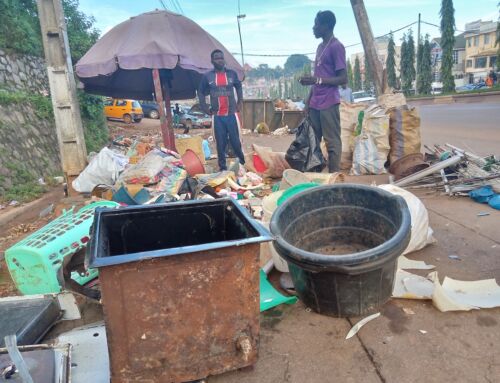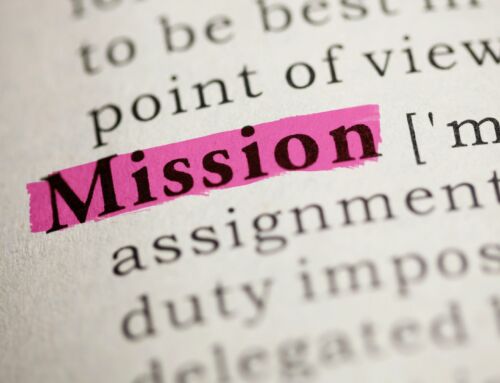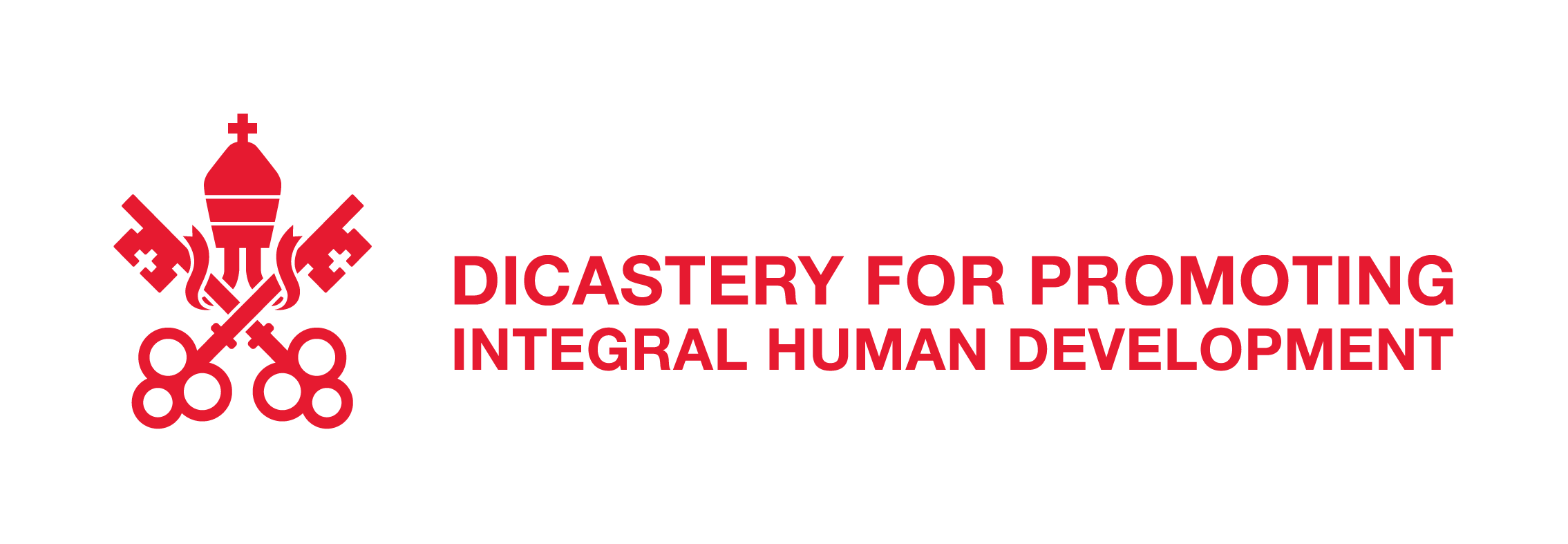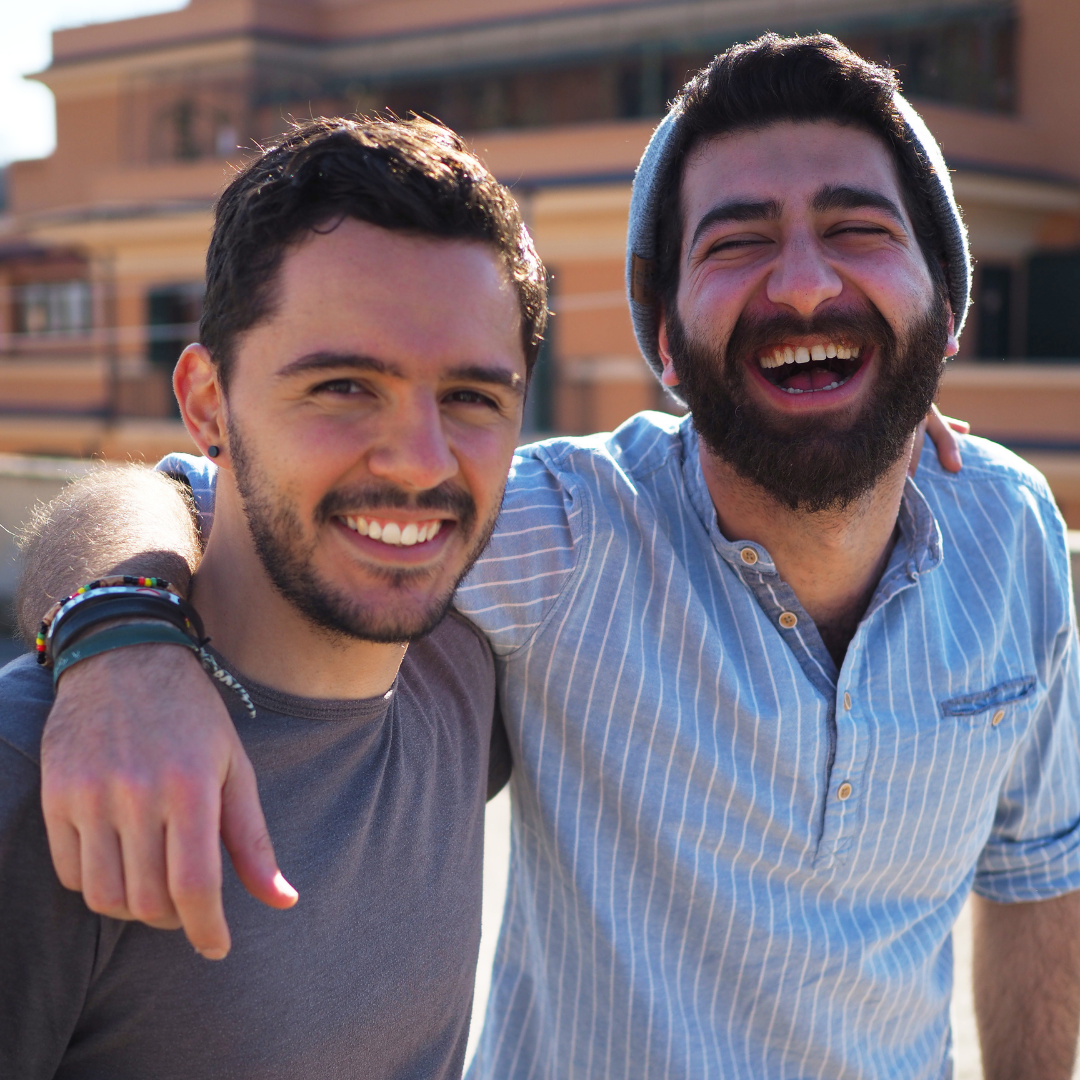
HAPPINESS!
by Julia Wdowin
Happiness? We all seek it, even when we don’t know what we’re looking for! Completely different things can come to mind when we think of happiness.
The things that make you happy can be quite different to what makes another person happy, or even the way another person thinks about their happiness. You know by your own experience, too, that we can experience different “kinds” of happiness, and different levels of its intensity and depth. What’s more the moments you remember as happy are completely unique from someone else’s moments of happiness. Happiness, it seems, is a very personal thing.
But perhaps the roots of our happiness are more similar than the many experiences of it we see flowering at the surface?
What is observed since the times of the earliest philosophers is that we can be happy in different situations, also those difficult and challenging ones, depending on how we understand happiness. What is also long noted is that however much positive feelings and emotions do contribute to our sense of happiness, these do not necessarily have to determine it in different situations, or be the sole factor. There’s something that can make an overall bigger difference – and it is the idea of eudaimonia, as Aristotle, would put it, which is linked to concepts of happiness, flourishing, purpose or well-being. It poses the larger question of, what is ‘the good life’ that can lead to our happiness?
On that note, we often hear, what is almost a saying, that happiness is not a destination, but an attitude – almost like something that accompanies us along the way. It’s something that isn’t achieved directly. Of course, this all depends on how we understand and view happiness, and may not be true in all cases, but it should surely encourage us to think more broadly about happiness – what it is – and about the implications of it being a “companion” of our choices for how we lead our lives.
“What is ‘the good life’ that can lead to our happiness?”
At The Economy of Francesco we are particularly interested in the question of how the economy relates to our happiness – and also how our happiness can change the economic life we are all part of! How often do we think about how our participation in economic life can play a role in our fulfilment? Or, on the other hand, about what kinds of economic structures or models would be conducive to our individual and societal flourishing? If happiness is found “along our way”, we want to think about, here at the Economy of Francesco, how we can pave the economic routes we take in ways that lead to deep fulfilment, and not at the cost of others.
As the name suggests the “Policies for happiness” village is particularly interested in how policy-making should be approached, and with what aims and assumptions in mind, for these questions about happiness to be considered. Many factors and questions are simultaneously at play which makes this a truly broad thinking ground! What definition or account of happiness are we considering: feelings of happiness, sense of fulfilment or opportunities to flourish? In what spheres or context are we evaluating happiness? And what exactly should we be aiming to capture in measurements? At the individual or societal level? How do we compare between individuals, given the personal nature of the experience? These are just some of the questions that guide the work and proposals of this village.
What is certainly important is context, at a number of levels – from the continent, country, community… to the individual! The needs and approaches to happiness and flourishing need to be carefully understood. For one, the balance between happiness in “having” and in “being” may be quite different. Pope Francis draws our attention to seeing that there are different kinds of “poverties” we experience today, and they are not all material. Perceiving the needs of others for their happiness and flourishing is a task that requires creativity and responsibility – but one that each one of us can engage in.
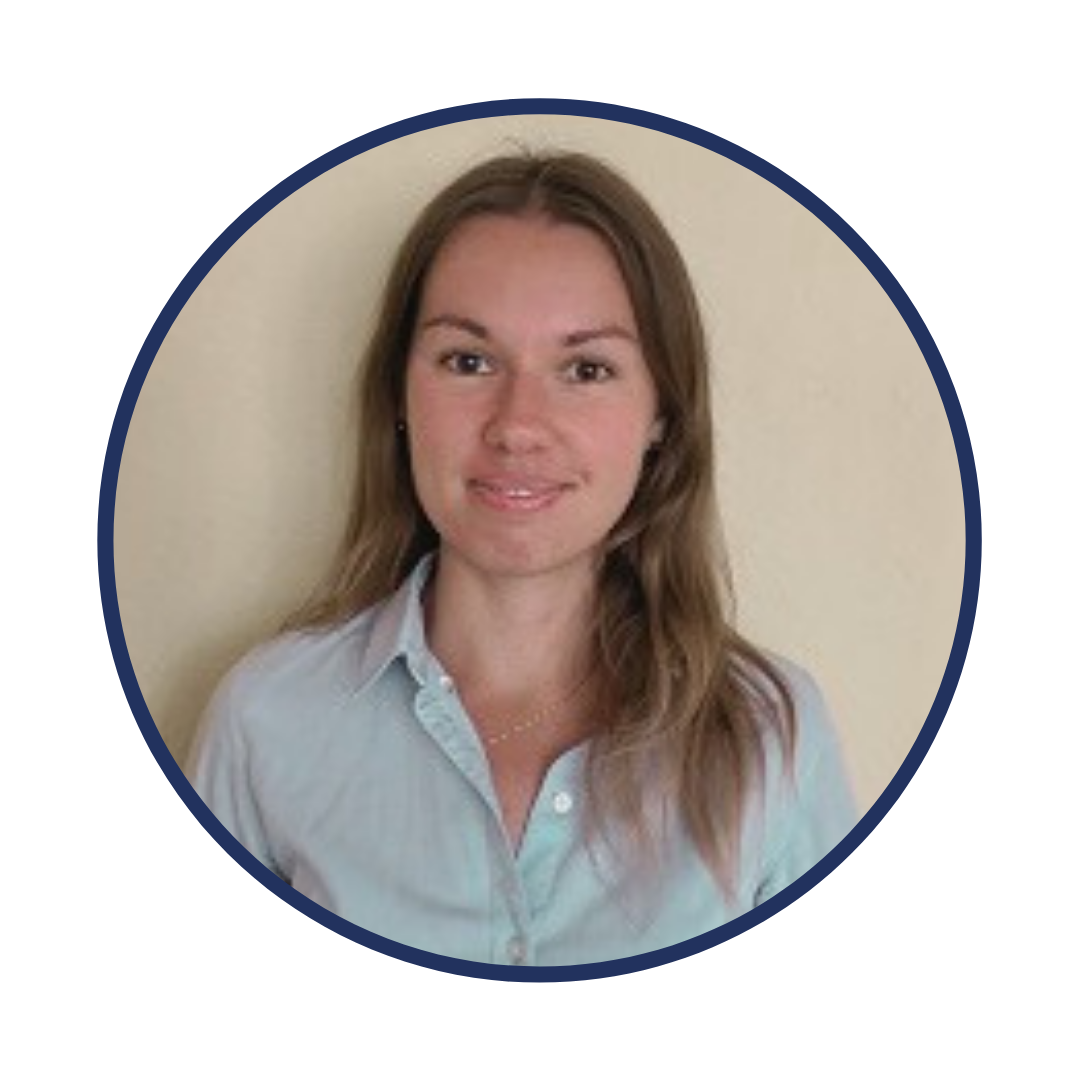
JULIA WDOWIN
- Economist
- PhD Student at University of Cambridge
- Researcher member of the EoF Academy

